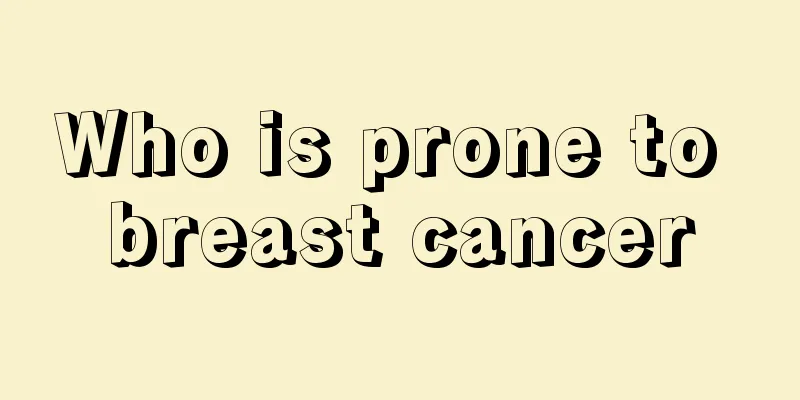What are the treatments for acute renal failure

|
Renal failure is a life-threatening disease that can be acute or chronic. Many people don't know much about acute renal failure. Renal failure refers to a disease in which part or all of the kidney functions are lost. Acute renal failure is caused by a variety of diseases that cause both kidneys to lose their excretion function in a short period of time, and can even be life-threatening. Let us now learn about the treatment of acute renal failure. 1. Treatment of oliguria The oliguric phase often leads to death due to acute pulmonary edema, hyperkalemia, upper gastrointestinal bleeding and concurrent infection. Therefore, the focus of treatment is to regulate water, electrolyte and acid-base balance, control nitrogen retention, provide appropriate nutrition, prevent and treat complications and treat the primary disease. 2. Treatment of polyuria Life-threatening complications that occurred when the polyuric phase began still exist. The focus of treatment is still to maintain water, electrolyte and acid-base balance, control azotemia, treat the primary disease and prevent various complications. In some cases of acute tubular necrosis, the polyuria phase lasts for a long time, with the daily urine volume exceeding 4L. The amount of fluid supplemented should be gradually reduced (500-1000ml less than the output) and supplemented through the gastrointestinal tract as much as possible to shorten the polyuria phase. For patients who cannot get up, lung infections and urinary tract infections should be prevented and treated in particular. Once the polyuria phase begins, blood urea nitrogen may continue to rise even if the urine volume exceeds 2500 ml/day. Therefore, those who have undergone dialysis treatment should continue dialysis until the blood creatinine drops below 265μmol/L (3mg/dl) and stabilizes at this level. Patients whose general clinical condition has improved significantly can try to suspend dialysis for observation, and stop dialysis after their condition stabilizes. 3. Recovery period treatment Generally, no special treatment is required. Regularly follow up renal function and avoid using drugs that are harmful to the kidneys. 4. Treatment of primary disease For acute renal failure caused by various causes of this disease, such as glomerular disease, interstitial tubular disease, and renal vascular disease, treatment should also be targeted at the primary disease. In addition, kidney protection and repair promoting drugs can be used; such as large doses of vitamin E, hepatocyte growth factor, insulin-like growth factor, epidermal growth factor, thyroxine, and Chinese medicines such as Cordyceps sinensis. |
<<: Why is the nail on my right thumb uneven?
>>: Can you still grow taller after menarche
Recommend
What are the main symptoms of colon cancer?
What are the main symptoms of colorectal cancer? ...
There are many problems with getting angry in spring. Here are three magic weapons to "extinguish fire" in an emergency
Spring is fire and autumn is dry, so it is easy t...
What are the symptoms of blood disease on the skin
The occurrence of many diseases means that there ...
Is rectal cancer turning into lung cancer contagious?
Nowadays, there are still many people who believe...
Is a rusty iron pan poisonous?
Nowadays, many families use iron pans for cooking...
Can milk improve sexual function and what to pay attention to
Nowadays, many male friends have a series of male...
What to do if your face becomes sagging
The loose flesh on the face is mainly related to ...
What are the examination methods for glioma
Gliomas are a type of brain tumor with very speci...
How to make old-fashioned mooncakes_How to make traditional old-fashioned mooncake skin
Nowadays, although everyone eats mooncakes during...
Dumbbell leg training method
Many men particularly like the feeling of buildin...
Low-calorie snacks
Snacks are a favorite of many people. Many people...
How long can one live with rectal cancer metastasized to liver cancer
Rectal cancer has caused many people to lose thei...
Pain on the edge of fingernails
The main material component of fingernails is pro...
How many types of Class C infectious diseases are there
According to the "Law of the People's Re...
Can cirrhosis of the liver be cured
Cirrhosis of the liver is a common, chronic, diff...









